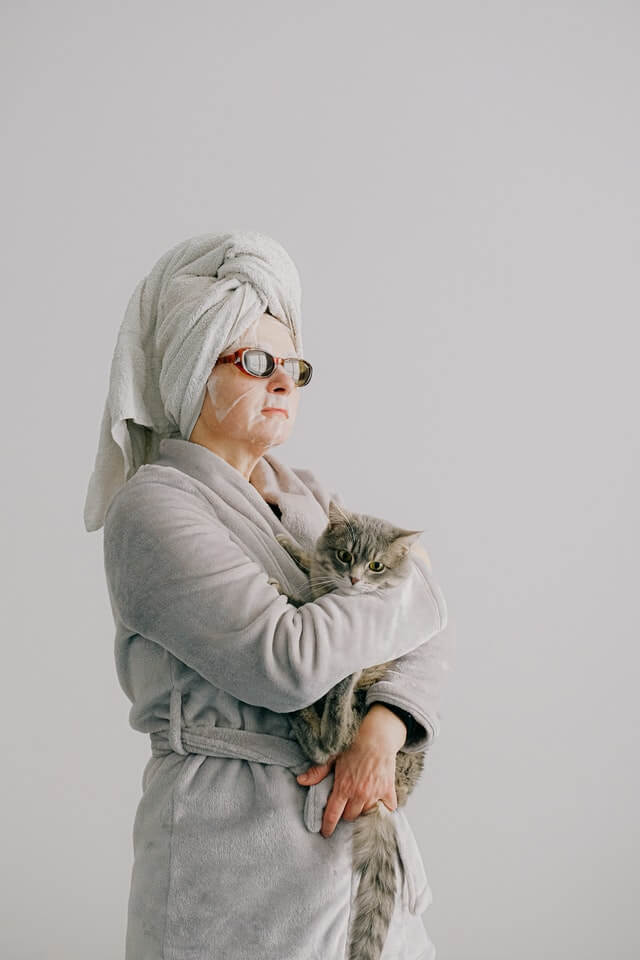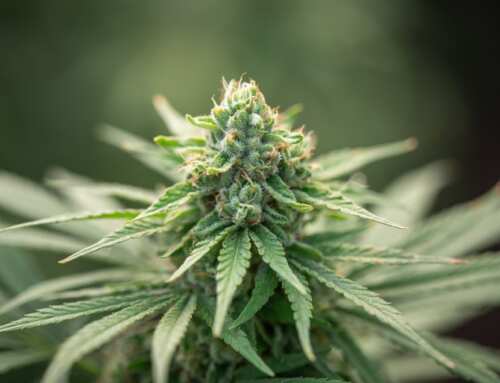Cat litter has changed the lives of millions of households across the world since its discovery. Surely it has solved the biggest litter problem of all cat parents but there’s something alarming about it.
Some cases have reported how cat litter harmed them and their pets. However, there is only anecdotal evidence that supports such claims. But even if we take it with a grain of salt, we should review if it is detrimental to our health in any way or not.
What in cat litter possibly can cause harm to you and your pets?
Cat litter was an accidental discovery. This also means that it was not a thoroughly thought-out idea. A person named Edward Lowe was doing a business using sand, sawdust, and granular clay.
When approached by a colleague for a litter solution, he offered for her to use granular clay instead of sawdust or sand. Surprisingly, clay turned out to be the best option she used. Litters available at that time just offered cats a way to hide their fecal waste. But it failed to trap odors or stop cats from tracking litter particles all over the house.
However, people were more tolerant of odors of biological waste at that time. For instance, there were so many horses used as a means of commuting. Their fecal or urine waste didn’t bother humans as much back then as it might today because they were much more common at the time than they are now.
Also, urban cats of that time were allowed to roam outdoors so there were less cat poop and pee people had to deal with compared to now. Lowe then, for years, kept marketing and convincing cat parents to use clay because it clumps and is far better than sand, sawdust, or cinder.
Eventually, clay was accepted worldwide as ‘cat litter’ and some more cat litter types were invented later. Today we have so many cat litters from different brands available. Are any of them harmful to your health? Let’s now see what some potential dangers cat litter poses to you or your pets.
Ammonia formation
The innovation in cat litter brought more options for cat parents. Some cat litter, like odor locking litter, may promote ammonia formation in the litter box which can be harmful to your pets and you; especially if you’ve compromised immunity, respiratory diseases, or allergies.
You may also have smelled an ammonia-like scent emerging from the box at some point. The reason behind this could be a dirty litter box. The long-seated waste starts decomposing inside the box and may react with litter material. The resulting gas may have mild levels of ammonia.
You can follow some simple steps to effectively neutralize the smell of ammonia in cat litter. Most premium-grade litters are tested and conforms to health and safety norms for humans and pets, so you won’t have to worry about it much.
It’s toxic if a pet ingests it
Ingesting cat litter to some extent doesn’t harm a pet. But if that becomes a habit, it can be detrimental to a pet’s health and even can kill them. Both cats and dogs can develop a compulsive behavior called coprophagia.
Such cats and dogs eat poop from the litter boxes present in the house. With poop, the litter particles stuck to it make their way to the pet’s stomach. The intensity of harm varies depending on the type of litter. For example, if you’re using silica gel crystal litter, scented litter, or clumping clay litter, it is more harmful than non-clumping sand litter or corn litter.
This is because silica crystal litter is synthetically produced and contains chemical compounds that are toxic for animals if ingested. Whereas clumping cat litters can absorb too much moisture and form clumps inside the body which may result in a GI tract blockage.
On the other hand, corn, wheat, or paper-based litters are comparatively safer and are environmentally friendly options without any harmful chemicals. All in all, if one of your animals is exhibiting coprophagia, you should try to choose the litter that’s least harmful upon ingesting. You can also get a closed-cover litter box to make it harder for your other pets to access the cat litter and be able to ingest it. This will also help cut down on the smells of the litter in your home.
Sodium bentonite in clay litter
Most clumping cat litter has sodium bentonite as a clumping agent. This chemical compound is responsible for forming clumps by absorbing moisture. There are chances of gastrointestinal obstruction due to what was discussed in the previous section above.
Also, a few cases so far claim that newborn kittens died of clumping cat litter that got stuck in their airway creating a fatal blockage. Also, some claimed that litter particles stuck to the fur got licked by kittens and they died as a result.
Nevertheless, such claims might be baseless as we don’t know the exact details of how they ruled out other causes of death, and there is no research available that substantiates such claims. You should ignore such stories that may put you in worry irrationally.
Even if we take these claims seriously, there are not enough cases reported. It’s wise to not believe in anecdotal evidence currently. However, deliberately ingesting cat litter can surely cause harm to your pets, so consider switching to a different non-clumping type of cat litter.
The same is true for humans. Always wear a mask and put on gloves while handling litter and the litter box. This will keep you safe from any potential dangers from whatever litter type you are using. Conclusively, the only two things you need to keep yourself and your pets safe and healthy are to choose the most suitable cat litter and to clean it up regularly.






